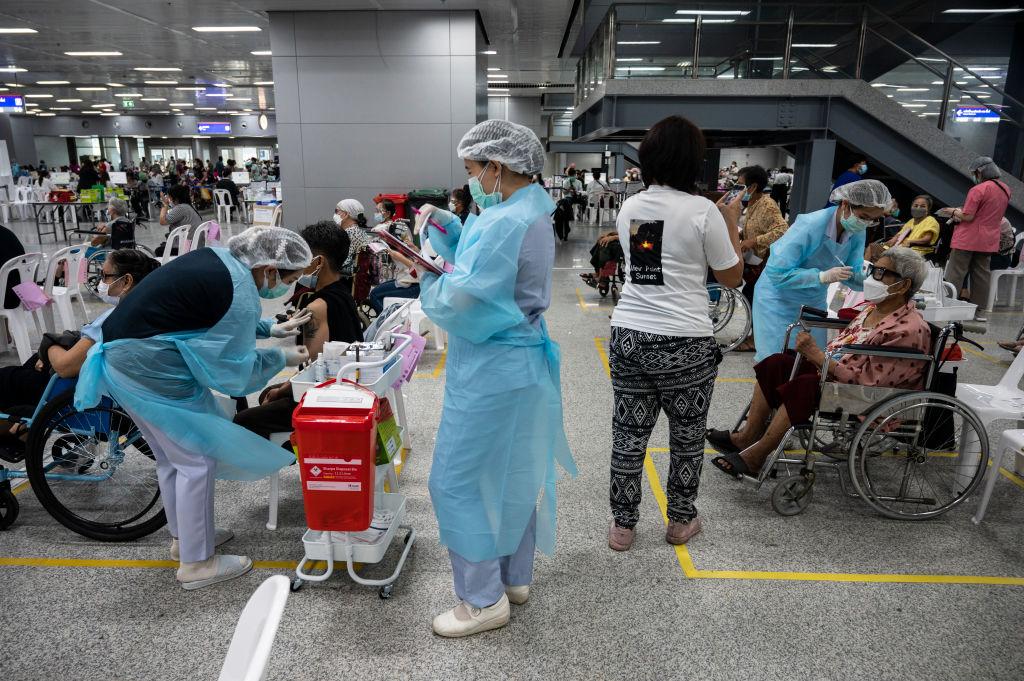More Asian countries are abandoning Chinese vaccines and a Pacific Island nation had delayed the approval of them amid concerns raised about their reduced protection levels against CCP virus infections, giving more validation to a recent suggestion that the window of opportunity is narrowing for the Chinese Communist Party’s (CCP) so-called “vaccine diplomacy.”
Millions of people have received Chinese-made Sinovac or Sinopharm vaccines across Asia, but Thailand and Indonesia in the past month decided to drop the Chinese vaccines as their main approach against COVID-19, the disease caused by the CCP virus.




